-
 SMART CITIESExplore the future of urban lifeCONTACT US to organize your Learning ExpeditionOFF/ONLINE LEARNING EXPEDITION
SMART CITIESExplore the future of urban lifeCONTACT US to organize your Learning ExpeditionOFF/ONLINE LEARNING EXPEDITION
NEW ! Virtual Learning Expeditions
Why going digital?
– Cost-effective for large number of participants
– Explore multiple ecosystems around the world at the same time
– Flexible timings

Explore the smart cities and the future of mobility
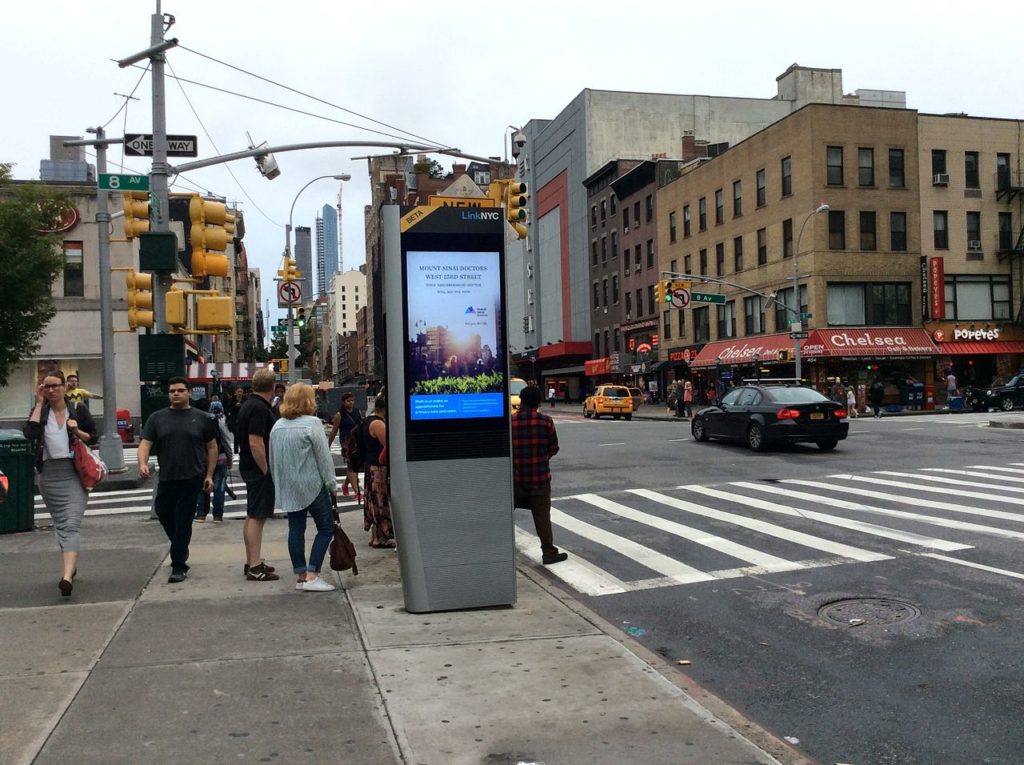
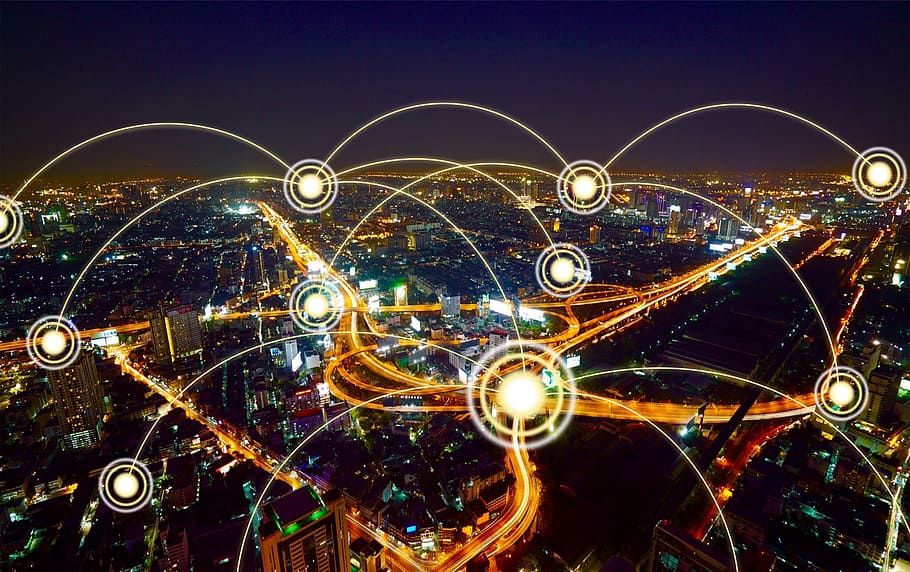
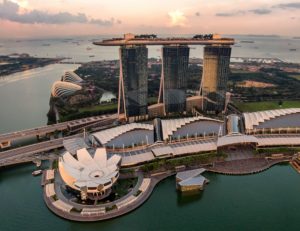
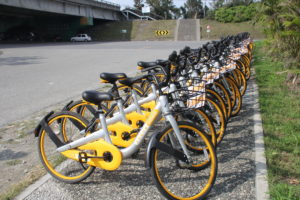
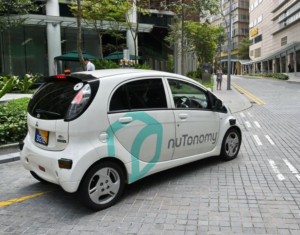



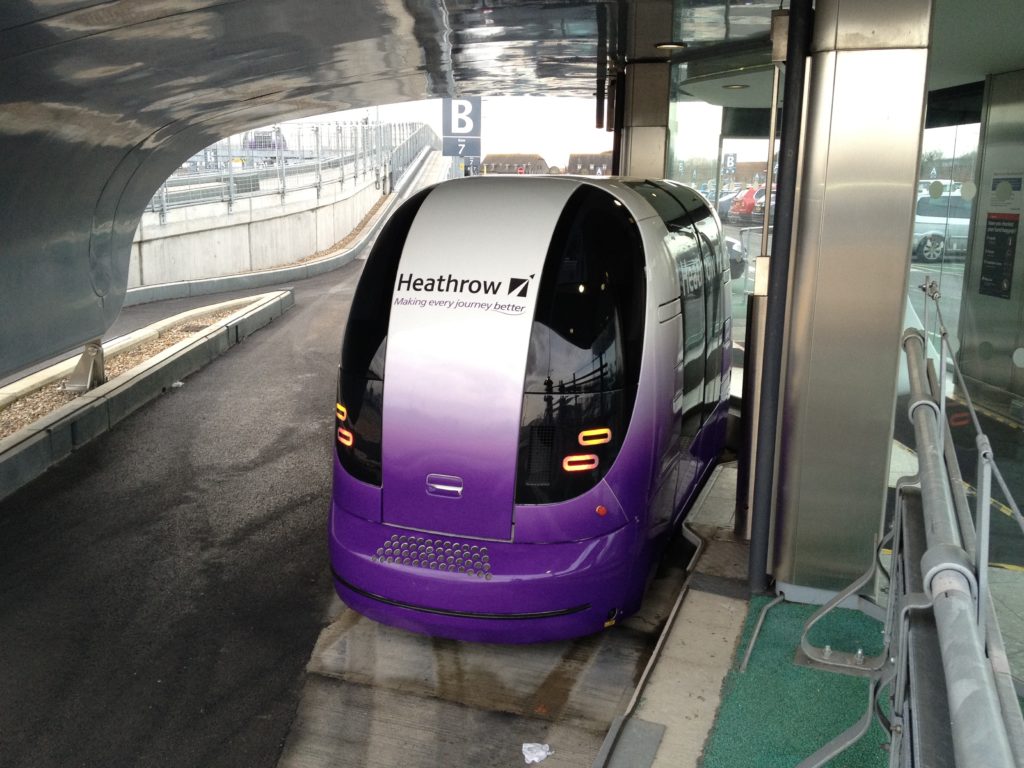
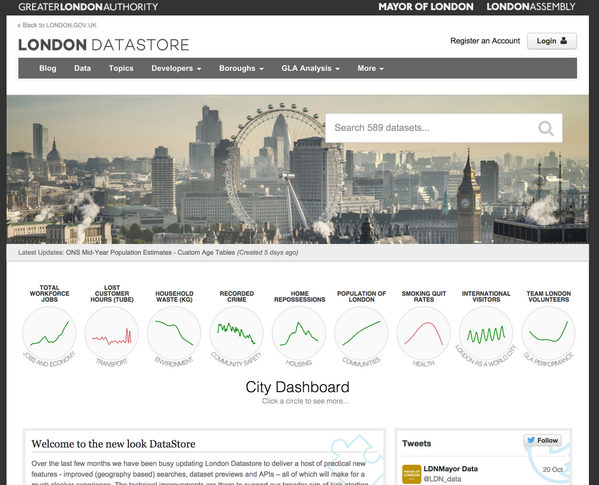
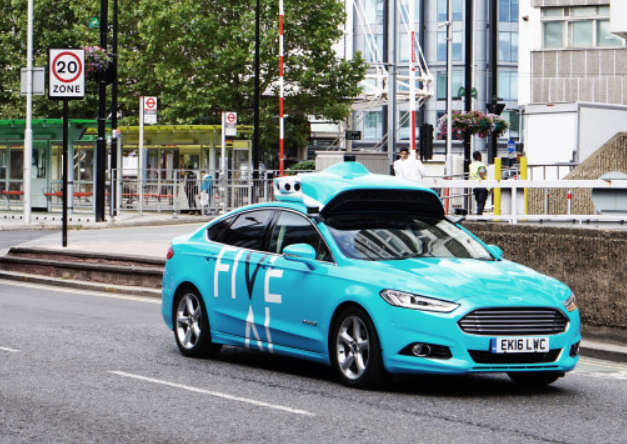
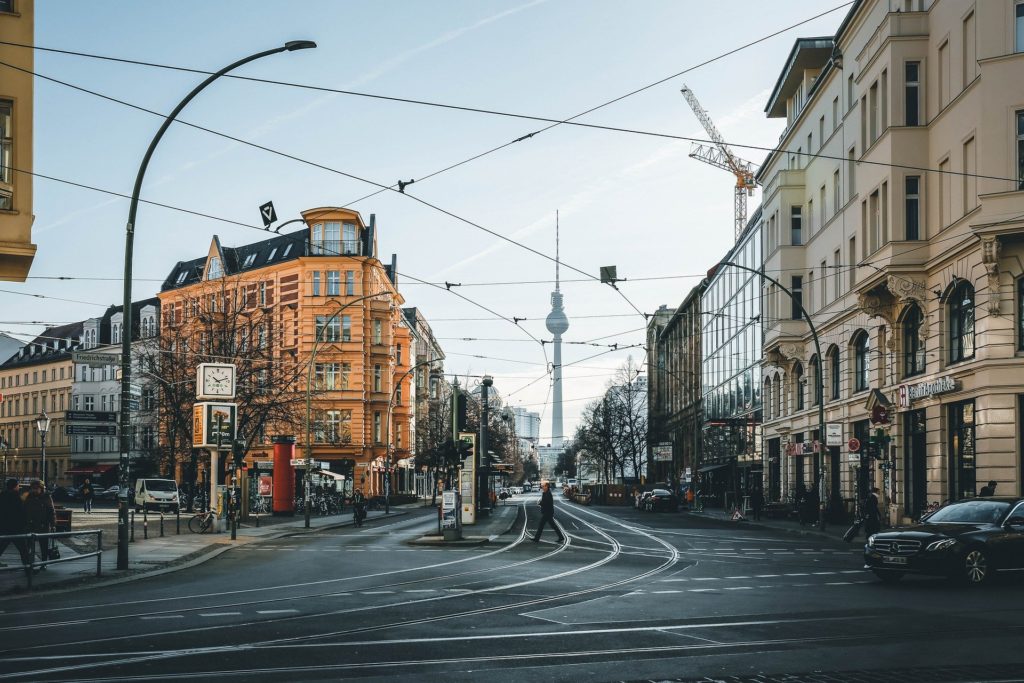
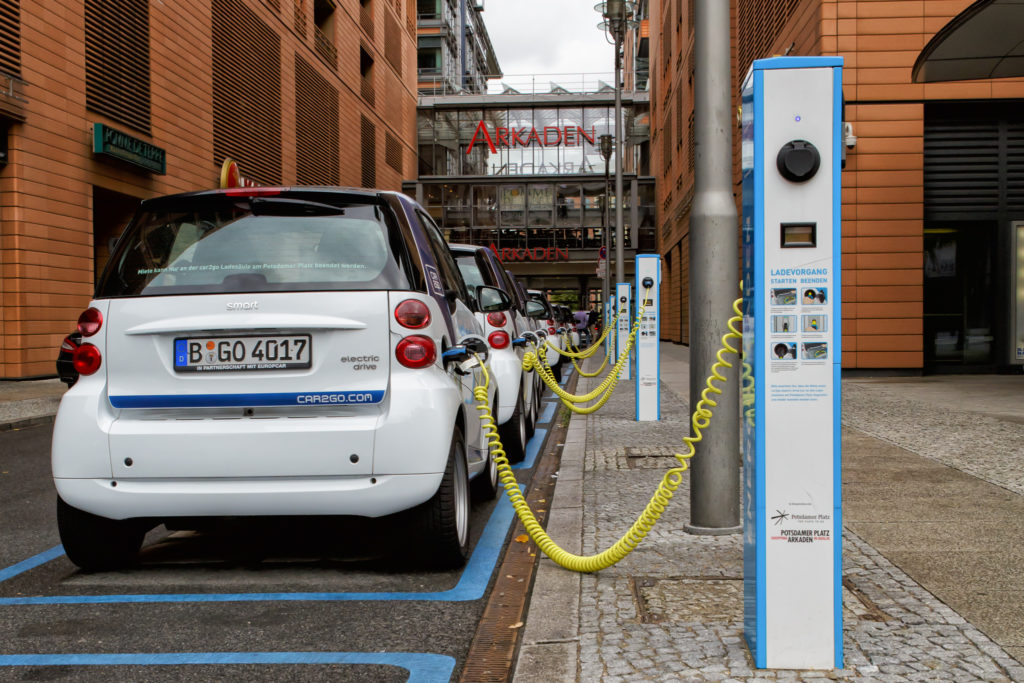
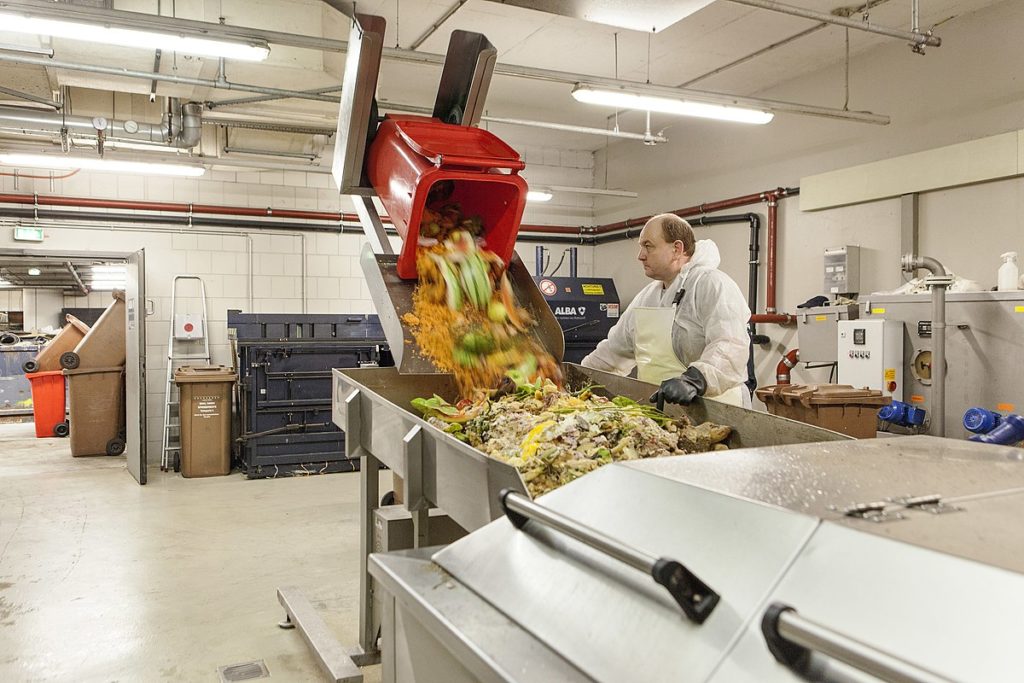
You want to:
-Understand how cities and urban life is transforming and how that can impact your industry
–Inspire your teams to innovate and think creatively
–Align your management/teams on strategic topics to prioritise
-Learn about the technologies behind the cities’ transformation (UX, data, AI, blockchain) and how the agencies behind this transformation are changing their ways of working (open innovation, intrapreneurship, lean startup, human-centric design, etc)
-Improve the cohesiveness of your team for more effectiveness
–Embark your key stakeholders into your new vision of the world by offering them to participate in a learning experience designed to deliver on your messages
Where to learn from and experience smart and sustainable cities ?
Singapore, the Smart Nation
Singapore’s Prime Minister launched the Smart Nation initiative in 2014. To support the initiative, the government has set aside billions and open data has been made available at government portals.
1. A vision for a Smart mobility
Singapore has applied smart, connected traffic solutions, in conjunction with very strong policy curtailing car ownership in an effort to reduce the number of vehicles on its roads. This vision makes Singapore the perfect place to experiment with smart alternatives to cars based on the sharing economy. Singapore was one of the first places to have stationless shared bicycles (Obike, Ofo, Mobike) and the second biggest electric vehicle car-sharing program after Paris (BlueSG).
The Singapore Land Transport Authority is collaborating with the tech company Aptiv to provide a fleet of fully autonomous vehicles and implement a cloud-based mobility-on-demand transport concept that should be fully operational in 2022.
2. Virtual Singapore
Virtual Singapore, developed with the French company Dassault Systems, allows scientists and urban planners to conduct experiments and run simulations through a data-rich, 3D model of Singapore at the touch of a button.
3. Elderly inclusion
Singapore focuses on addressing healthcare service provision for elderly citizens through a range of technologies, including digital service platforms as well as remote monitoring devices. Among other initiatives, Singapore’s think tank ACCESS Health International and NUS Enterprise co-created the startup competition and incubator Modern Ageing Singapore in 2015. Every year, winners receive a grant to develop their idea within the next 3 years.
4. Innovative public services
Singapore’s government is often compared to a corporation and sometimes informally named “Singapore Inc”. In fact, Singapore’s Prime Minister office was one of the first to launch an Innovation Lab as a small Design Thinking unit of the Public Service Division (PSD) in 2012.
The Singapore Government has launched and completed key strategic national projects, including the National Digital Identity portal SingPass, the adoption of PayNow which makes e-payments more integrated and interoperable, and the Moments of Life application which aims to address citizens’ pain points when transacting with the Government.
London, open innovation for a smarter city
London’s growing population is putting pressure on transport and public services. That’s why the mayor has launched a set of initiatives called Smarter London Together to make London “the smartest city in the world”. The project promotes user-centered design, data sharing, connectivity, digital leadership and skills, and collaboration between public services and the private sector.
1. Smart mobility / transport sytsems
Traffic congestion has been one of the greatest challenges for London. Through its cutting-edge mobility systems including smart parking initiatives, London is managing the congestion problems.
Its innovation with regard to transportation has led it to install the Heathrow pods, capsules that work as a means of transit to connect with Heathrow Airport, one of the busiest on the planet.
Private companies such as FiveAI are also experimenting with autonomous transportation, testing self-driving cars on London public roads.
2. Participatory approach
To connect and engage its citizens, London has set up a free open-access data platform known as the London Datastore. London Datastore connects every citizen to every event happening in the city. It is open for everyone to gain access to information and statistics starting from property prices to crime rates. Every month more than 50,000 residents, companies, researchers and tech developers make use of the data to manage daily operations and plans in the city.
3. Connected city
Intel, for instance, is contributing to technology research in London, through the Connected Cities Institute. This institute supports the research of user-centered technology solutions, such as London Living Labs. As part of the Living Labs project, scientists are performing air, water quality and ecology tests in Hyde Park. This project uses a network of wireless sensors.
Berlin, the smart mobility hub
- Smart mobility
Beside being home to the largest number of mobility-focused innovation labs, launched by car manufacturers such as Volkswagen, the airplane company Lufthansa or the national train German Rail (DB) for example, Berlin startup ecosystem is filled with companies working on “Mobility as a Service” solutions to make on-demand mobility more efficient.
Berlin has recently accelerated its transition towards electric vehicles. ‘BeMobility’ is an integrated electric car-sharing project in Berlin meant for public use. Today, there are more than 2,000 cars running on the roads of Berlin with facilities of charging at several charging stations and permission to drive on specified bus lanes.
2. Waste Management
Berlin is also innovating when it comes to waste management. In Potsdamer, downtown Berlin, waste management company Alba has developed a waste system that collects food waste from restaurants, extracts polluted water and sends it to biogas plants for further treatment. This program reduces up to 40% of waste in this area of Berlin.
3. Companies and government working together
The giant IoT company Cisco has established in Berlin and is working together with the German government to make Berlin an even smarter city. Cisco is supporting the city in developing the areas of telemedicine, network infrastructure, and security. This move is a part of Cisco’s project ‘Deutschland Digital’ in which the company is preparing to invest $500 million in the city.
Interested to organize a learning expedition?










